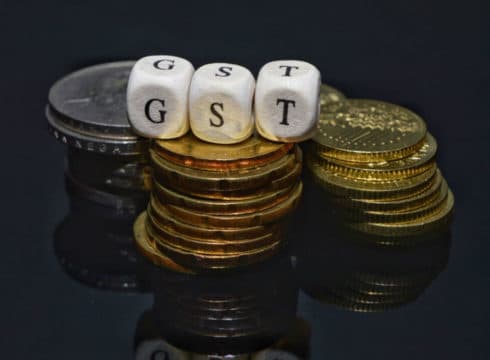The National Anti-Profiteering Authority has directed the director general, audit, to conduct an audit of ecommerce companies
The GST Council has slashed tax rates on household products such as chocolates, toothpaste, shampoo, etc, from 28% to 18%
The audit will check whether the excess amount collected before rate reduction has indeed been refunded to buyers or not
Inc42 Daily Brief
Stay Ahead With Daily News & Analysis on India’s Tech & Startup Economy
The National Anti-Profiteering Authority has directed the director general, audit, to conduct an audit of ecommerce companies such as Amazon and Myntra. The tax authorities want to check whether these companies have passed on cuts in goods and services tax (GST) rates to consumers.
Since the rollout of GST in April 2017, the GST Council has slashed tax rates on a host of household products such as chocolates, toothpaste, shampoo, washing powder, and shaving creams from 28% to 18% in November last year.
More products were shifted to a lower slab or fully exempted at the 26th GST Council Meeting held in March.
According to reports, tax experts say it’s important for ecommerce companies to look at the aspect of refunding excess tax to consumers.
“The objective is to check if the excess amount collected before rate reduction has indeed been refunded to buyers or not. Hence, it becomes critical for ecommerce platforms to examine this aspect and refund the amount ( if required) as soon as possible,” said Anita Rastogi, indirect tax partner, PwC.
Earlier in July, reports also surfaced that ecommerce companies such as Amazon India and Flipkart could finally be brought under the ambit of the tax deducted at source (TDS) and tax collected at source (TCS) provisions of the GST as they would have to prepare for withholding tax provisions in two months.
TDS and TCS provisions were put on hold earlier to give time to the ecommerce players to prepare for the new system. But, with the GST regime stabilising, these provisions may be imposed soon.
Also, amid continuous delay in the implementation of the e-way bill system due to “technical reasons”, ecommerce companies got another breather, wherein a group of state ministries decided to start the inter-state movement of goods worth more than $773 (INR 50K) through the e-way bill mechanism from April 1, 2018.
To reduce the tax burden of ecommerce players, it was suggested that a single e-way bill could be generated for multiple deliveries on the same trip.
Apart from ecommerce companies, other companies that received audit notices were Nestle, Hindustan Unilever, Jubilant FoodWorks (Domino’s Pizza), Hardcastle Restaurants (McDonald’s), retailer Lifestyle International, and automobile company Honda Motors.
The GST is proving to be a hard nut to crack for the online ecosystem of the country. Apart from ecommerce companies, even online food ordering and delivery platforms were found to be facing troubles in implementing the GST. Even the World Bank has said that the GST is one of the most complex tax systems in the world.
[The development was reported by ET.]
{{#name}}{{name}}{{/name}}{{^name}}-{{/name}}
{{#description}}{{description}}...{{/description}}{{^description}}-{{/description}}
Note: We at Inc42 take our ethics very seriously. More information about it can be found here.


